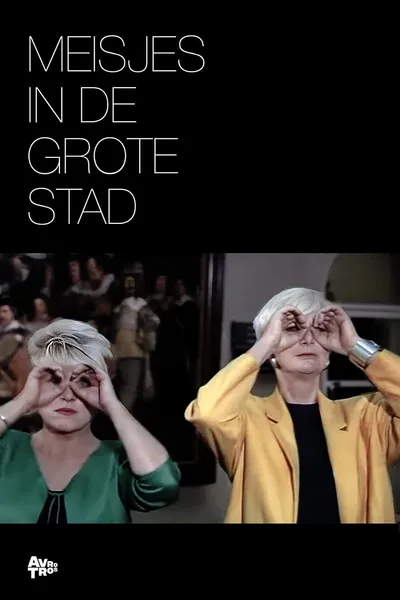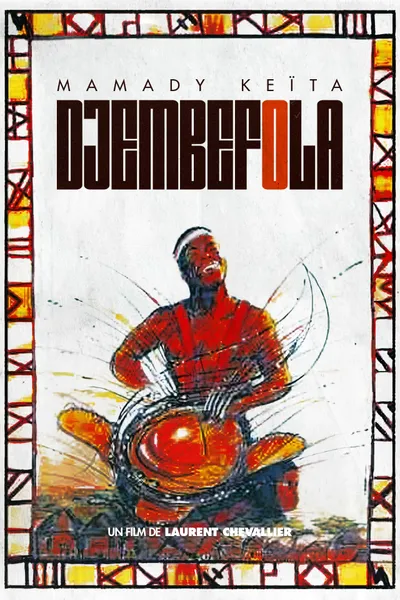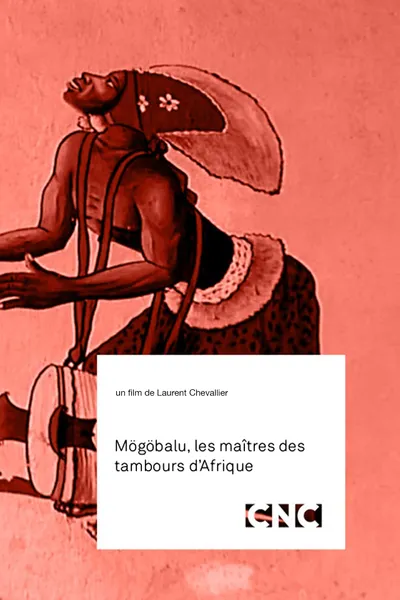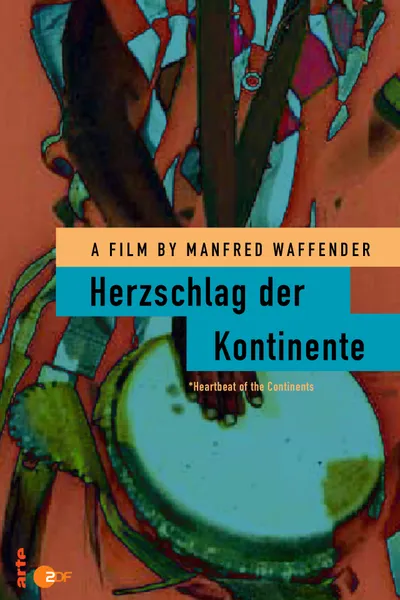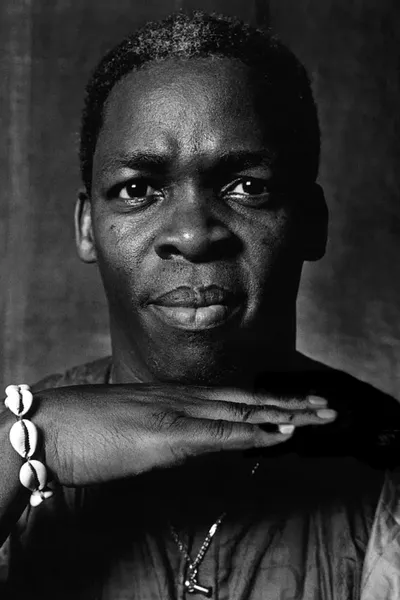
Mamady Keïta
Mamady Keïta was born on August 1, 19501 in Balandougou, a village located in Wassolon (province of Siguiri) near the Fé River, in the Republic of Guinea. Son of a master hunter and master of plants and healer (fida tigi in Malinké). He was introduced to the djembe at the age of seven by Karinkadjan Kondé, djembefola from his village.
In 1964, aged fourteen, he was selected to join the National Ballet Djoliba, of which he would later become one of the soloists. He undertakes numerous tours in Africa, Asia, Europe and the United States. In 1986, he entered Souleymane Koly's ballet Kotéba in Abidjan. He adopts the nickname of Kargus there to avoid any confusion with Mamady Secret, the other Mamady Keïta of the troupe. In 1987, he participated in the film La Vie Platinée, by Claude Cadiou. In 1988, he settled in Brussels, Belgium. He gives percussion lessons, teaching more particularly Mandinka rhythms, within the school repercussions. There he rubbed shoulders with Zap Mama, then a teacher of African songs and dances. That same year, he also created his new traditional Mandinka music group Sewa Kan, with which he gave several concerts in Europe, notably in France, the Netherlands, Italy and Germany. In 1989 he released an album titled Wassolon. The success of the percussion lessons allows Mamady to invite his brother Mamady Secret from the Koteba ballet to join him in Europe. The latter will become N'Toman Keïta (N'Toman meaning homonymous in Malinké). Mama Adama Camara, from the Djoliba ballet, also joins him in Brussels to provide dance lessons.
In 1993, he organized, in Matoto, the first training course in Guinea for his TamTam Mandingue school. In 1994, he toured Japan with his band Sewa Kan. In 1995, he released his third album entitled Mögöbalu, the first recorded in Conakry with masters Fadouba Oularé and Famoudou Konaté. He toured the United States and Japan. In 1996, he devoted his album Hamana to the rhythms of the Dundumba with Famoudou Konaté as guest. In 1997, he organized with repercussions the first course of percussions and African dances in Guinea, benefiting from the collaboration of the Ministry of Culture of Guinea and the National Ballet Djoliba. In 1991, he founded his own TamTam Mandingue school with his wife Véronique Jacobs. Laurent Chevallier directs the film Djembéfola which is dedicated to him. In 1992, he released a new album titled Nankama. In 1998, he released his fifth album, Afö, with the group Sewa Kan. It celebrates its ten years of presence in Belgium, during the Couleur Café Festival, with a concert in which Mory Kanté, Manu Dibango, Khadja Nin, Doudou N'diaye Rose, Famoudou Konaté, Soungalo Coulibaly participate.
In 2000, released the album, Balandugu Kan, recorded in his village, in 2001, Mamady Léé, where he highlights the art of griots. In 2002, in the album A Giaté, Mamady played with musicians from different ethnic groups. In 2004, he released Sila Laka, which includes the titles of Wassolon, three educational DVDs: Les Rhythms du Mandeng, and the album Djembe Master, a compilation of old titles. In 2006, the DVD release of the film Djembéfola with a bonus Mögöbalu, Les Maîtres du Tambour, directed by Laurent Chevallier. In 2009, he released the album Mandeng Djara and the DVD Les Rhythms du Mandeng Vol.4.
He will die on June 21, 2021 in Brussels at the age of 71.
Known for
Acting
Place of birth
Balandougou, Guinea, Africa
Birthday
8/1/1950
